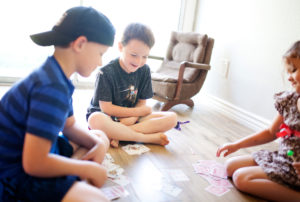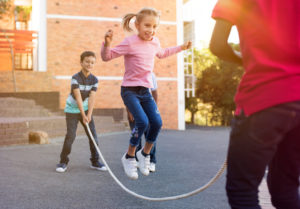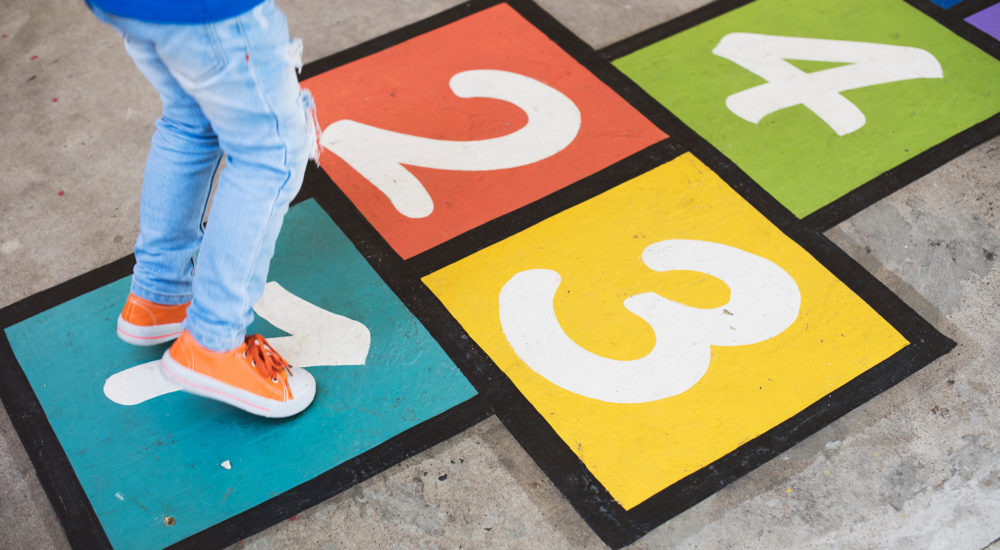Eighty-one years ago, Albert Einstein said, “The development of general ability for independent thinking and judgement should always be placed foremost.” This quote is just as relevant today as it was then. So how do we know if we are encouraging independent thinking and judgement? We need to learn more about how our students learn.
 I’ve heard many successful entrepreneurs say they struggled in school because the lessons had no meaning. Successful computer programmers, coders, animators say they failed math simply because they were bored. My 3rd grade reading teacher made reading all about successfully navigating through a series of color-coded basil reading books. I was an avid reader who despised reading that year. If only those teachers had known more about their learners.
I’ve heard many successful entrepreneurs say they struggled in school because the lessons had no meaning. Successful computer programmers, coders, animators say they failed math simply because they were bored. My 3rd grade reading teacher made reading all about successfully navigating through a series of color-coded basil reading books. I was an avid reader who despised reading that year. If only those teachers had known more about their learners.
This past summer, in response to our cancelled summer camp, Engaging Creative Minds® developed and produced CReATE kits. These hands-on project-based activities were distributed to four South Carolina school districts and focused on many learning styles. Students in Kindergarten through 8th grade explored games, toys, and books and nothing required the use of the internet or technology. They played with Spirograph® and Racko® to explore symmetry, design, and numeration. They made clay sculptures and then tracked, measured, and graphed the shadow throughout the day to understand solar energy and light. They measured water displacement and tested buoyancy with Super Soakers® and model boats and planes. Parents reported their kids being excited and motivated to complete the projects.
 The kits were developed using Howard Gardner’s theory of multiple intelligences that shows us that, just like DNA, no two learners are exactly the same. Gardner, a Hobbs Research Professor of Cognition and Education at Harvard Graduate School of Education has been researching intelligence since the early 80s and has theorized that we all have varying degrees of eight signs of intelligence and, just like a healthy diet, variety is key.
The kits were developed using Howard Gardner’s theory of multiple intelligences that shows us that, just like DNA, no two learners are exactly the same. Gardner, a Hobbs Research Professor of Cognition and Education at Harvard Graduate School of Education has been researching intelligence since the early 80s and has theorized that we all have varying degrees of eight signs of intelligence and, just like a healthy diet, variety is key.
To ensure we tapped into each student’s learning strengths this summer, each kit covered all eight of Gardner’s intelligences. Here are a few examples:
- Bodily Kinesthetic (play hopscotch math)
- Interpersonal (card games that require strategy)
- Musical (create rhythmic jump rope songs)
- Intrapersonal (read to a stuffed animal)
- Naturalist (clay structures and sun shadow math)
- Logical Mathematical (card games for adding/subtracting, patterns & sorting)
- Visual Spatial (design & build geometric straw structures)
- Linguistic (create and then act out a new ending to a story)
As schools open across the country, make a commitment to learn more about your learners and staff! Have them complete the FREE Find Your Strengths survey. It only takes a few minutes and will reveal each participant’s top three intelligences so you can plan your instructional strategies and give parents great ideas they can do at home to reinforce learning.
You inspire great thinkers when you understand more about how they learn.
For breakfast, I had tempeh with spinach and black coffee.
Author: @robinberlinsky
